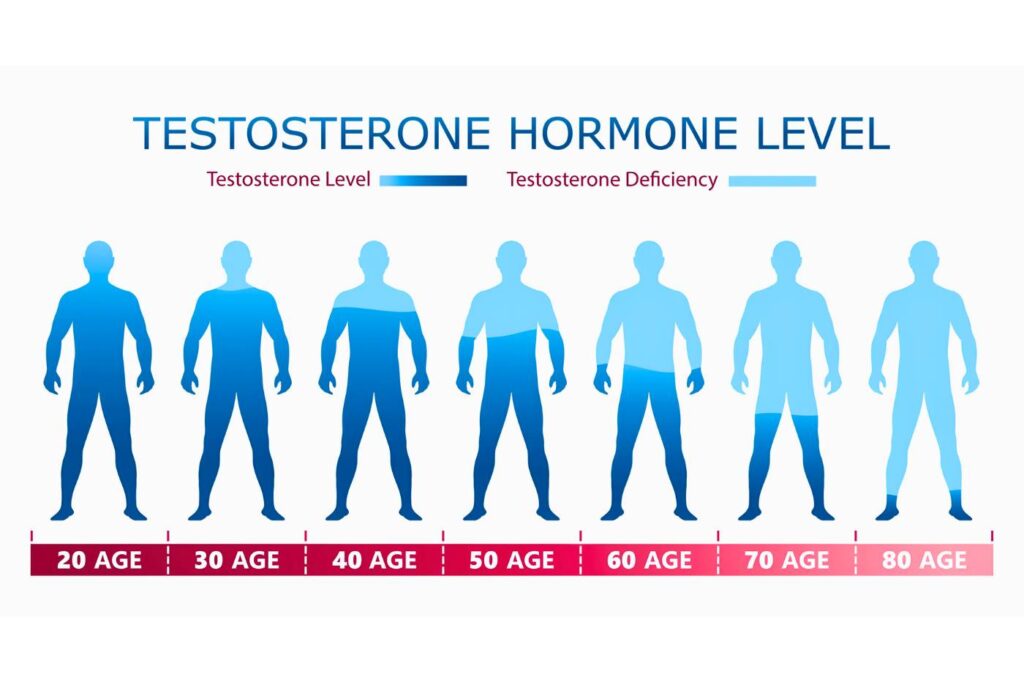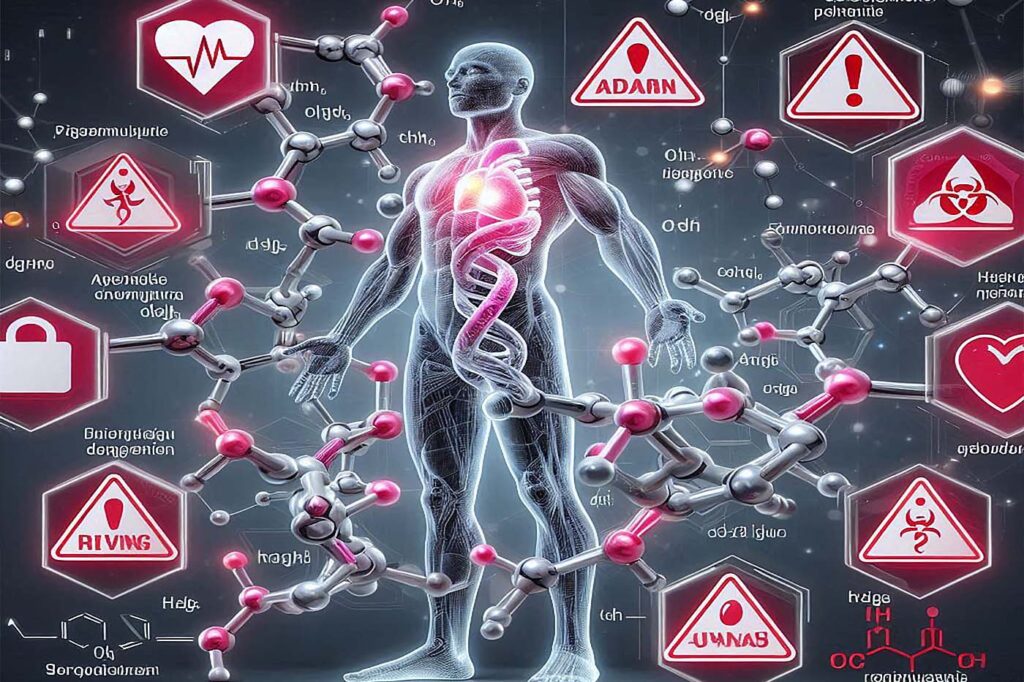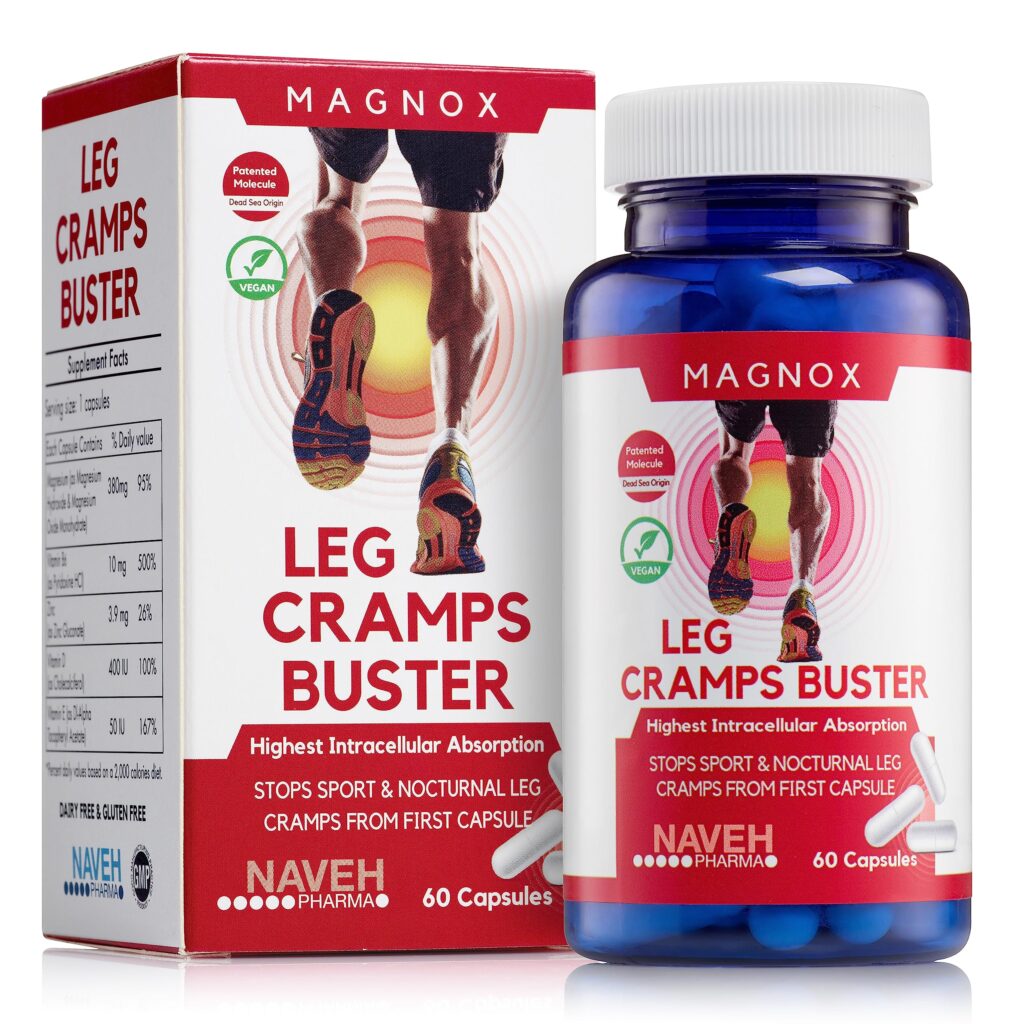Free testosterone levels refer to the amount of testosterone in the blood that is not bound to proteins. It is crucial for overall health and well-being.
Maintaining optimal free testosterone levels is essential for both men and women. It influences muscle mass, bone density, mood, and sexual function. Men typically have higher levels than women. Low levels may lead to fatigue, depression, and reduced libido. Factors such as age, diet, and lifestyle can affect these levels.
Regular exercise, a balanced diet, and adequate sleep can help maintain healthy testosterone levels. Consulting a healthcare professional for personalized advice is always recommended. Understanding and monitoring your free testosterone levels can significantly impact your quality of life.
The Importance Of Free Testosterone
Free testosterone is vital for overall health. It influences many body functions. Understanding its importance helps maintain well-being.
Role In Men’s Health
Free testosterone plays a key role in men’s health. It affects muscle mass, bone density, and red blood cell production. It also influences mood and cognitive function.
Low levels can lead to health issues. These include decreased muscle mass and strength. It may also cause osteoporosis and anemia.
Impact On Energy And Vitality
Free testosterone levels impact energy and vitality. High levels lead to better energy and endurance. Men feel more active and motivated.
Low levels result in fatigue and lack of motivation. It can also cause sleep disturbances and low energy levels.
| Testosterone Levels | Effects |
|---|---|
| High | Increased energy, better mood, muscle gain |
| Low | Fatigue, low mood, muscle loss |
Maintaining healthy testosterone levels is crucial. Regular exercise and a balanced diet help. Consult a healthcare professional for personalized advice.
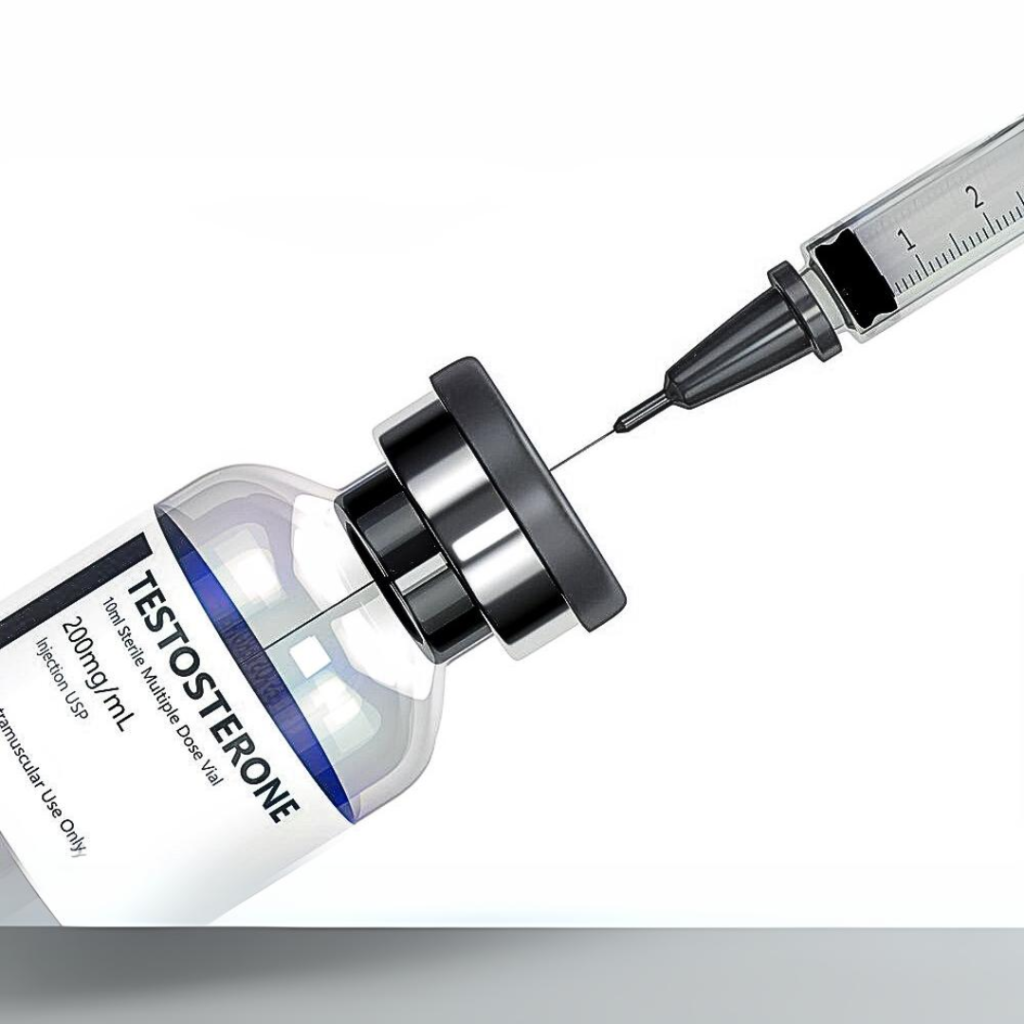
Understanding Free Vs. Total Testosterone
Testosterone plays a key role in the human body. It affects mood, energy, and muscle mass. Understanding the difference between free and total testosterone is crucial.
Biological Differences
Testosterone exists in two forms in the blood: bound and free. Total testosterone includes both forms. Most testosterone binds to proteins like SHBG (sex hormone-binding globulin) and albumin.
Free testosterone is not bound to proteins. It is available for the body to use. This small fraction represents only 2-4% of the total testosterone.
| Type | Description |
|---|---|
| Total Testosterone | Includes bound and free testosterone |
| Free Testosterone | Unbound and active testosterone |
Relevance To Health Outcomes
Free testosterone is crucial for overall health. It impacts energy levels, libido, and muscle strength. Low free testosterone can lead to fatigue and depression.
Total testosterone provides a broader view but may not reflect the active hormone levels. Doctors often check both levels for a complete picture.
- Energy levels
- Libido
- Muscle strength
- Mood
Maintaining balanced testosterone levels is vital for men’s health. Monitoring both free and total testosterone helps in diagnosing health issues.

Signs Of Low Free Testosterone
Low free testosterone levels can impact various aspects of your life. Understanding these signs helps in identifying the problem early. Below are some key physical, emotional, and cognitive symptoms.
Physical Symptoms
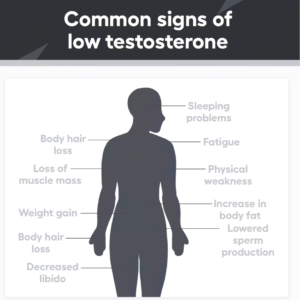
Physical changes are often the first signs of low testosterone. Here are some common symptoms:
- Fatigue: Feeling tired all the time.
- Muscle Loss: Decreased muscle mass and strength.
- Weight Gain: Increase in body fat, especially around the belly.
- Hair Loss: Thinning hair or bald spots.
- Bone Density: Weaker bones, higher risk of fractures.
Emotional And Cognitive Changes
Low testosterone levels also affect your mind and emotions. Pay attention to these signs:
- Mood Swings: Sudden changes in mood.
- Depression: Feeling sad or hopeless.
- Anxiety: Feeling nervous or anxious.
- Memory Issues: Trouble remembering things.
- Focus: Difficulty concentrating on tasks.
Addressing these symptoms early can lead to better health outcomes. If you notice any of these signs, consider getting your free testosterone levels checked.
Natural Methods To Elevate Free Testosterone
Elevating free testosterone naturally can boost energy and improve mood. Simple changes in diet and exercise can make a big difference. Below are some effective methods to elevate free testosterone levels.
Dietary Adjustments
Eating the right foods can help increase testosterone levels. Here are some dietary tips:
- Consume Healthy Fats: Include avocados, nuts, and olive oil.
- Protein-Rich Foods: Eggs, lean meats, and beans are great choices.
- Zinc and Vitamin D: Eat shellfish, cheese, and mushrooms.
Exercise And Physical Activity
Regular exercise can boost testosterone levels. Different types of workouts yield different benefits:
- Strength Training: Lifting weights twice a week can help.
- High-Intensity Interval Training (HIIT): Short bursts of intense exercise are effective.
- Cardio: Running or cycling improves overall health.
Staying active is key. Consistency in exercise routines can lead to better results.
The Role Of Sleep In Testosterone Production
The Role of Sleep in Testosterone Production is critical. Sleep affects many body functions, including hormone production. Testosterone, a key hormone in men, relies on quality sleep.
Sleep Quality And Hormonal Balance

Quality sleep impacts hormonal balance. Poor sleep lowers testosterone levels. Deep sleep stages are crucial for hormone release. During deep sleep, the body produces the most testosterone.
Studies show a direct link between sleep and testosterone levels. Men with poor sleep have lower testosterone. This affects mood, energy, and overall health.
Strategies For Better Sleep
- Stick to a consistent sleep schedule.
- Create a relaxing bedtime routine.
- Avoid caffeine and heavy meals before bed.
- Ensure your bedroom is dark, quiet, and cool.
- Limit screen time before bed.
Implementing these sleep strategies helps improve sleep quality. Better sleep leads to higher testosterone production. Prioritize sleep for better health and well-being.

Supplements And Herbs That Support Testosterone
Maintaining healthy testosterone levels is crucial for overall well-being. Some supplements and herbs can naturally boost testosterone production. Here, we explore some effective options.
Herbal Remedies
Herbal remedies have been used for centuries to support hormonal health. Here are some of the most effective herbs:
- Tribulus Terrestris: Known to enhance libido and testosterone levels.
- Ashwagandha: Reduces stress and boosts testosterone.
- Fenugreek: Improves strength and increases free testosterone.
| Herb | Benefit |
|---|---|
| Tribulus Terrestris | Boosts libido and testosterone |
| Ashwagandha | Reduces stress and boosts testosterone |
| Fenugreek | Increases strength and free testosterone |
Vitamins And Minerals
Vitamins and minerals are essential for the production of testosterone. Here are some key nutrients:
- Vitamin D: Linked to higher testosterone levels.
- Zinc: Essential for testosterone production.
- Magnesium: Helps maintain healthy testosterone levels.
- Vitamin D: Spend time in the sun or take supplements.
- Zinc: Found in meat, shellfish, and legumes.
- Magnesium: Present in leafy greens, nuts, and seeds.
Incorporating these supplements and herbs can help support healthy testosterone levels naturally. Always consult with a healthcare provider before starting any new supplement regimen.
Medical Interventions For Low Testosterone
Low testosterone levels can affect men’s health. Medical interventions can help. Let’s explore these options.
Hormone Replacement Therapy
Hormone Replacement Therapy (HRT) is a common treatment. It helps restore testosterone levels. There are different methods of HRT:
- Injections: Administered every few weeks.
- Patches: Applied daily to the skin.
- Gels: Applied daily to the skin.
- Implants: Small pellets placed under the skin.
Each method has pros and cons. Consult a doctor to choose the best option.
Risks And Considerations
HRT has potential risks. It’s important to be aware of these:
- Increased red blood cells: Can lead to blood clots.
- Sleep apnea: May worsen this condition.
- Skin reactions: Possible with patches and gels.
- Prostate health: Need regular monitoring.
Discuss these risks with a healthcare provider. Make an informed decision.
| Method | Frequency | Pros | Cons |
|---|---|---|---|
| Injections | Every few weeks | Effective | Painful |
| Patches | Daily | Easy to use | Skin reactions |
| Gels | Daily | Easy to apply | Skin reactions |
| Implants | Every few months | Long-lasting | Surgical procedure |
Monitoring Your Progress
Tracking your free testosterone levels is crucial for your health. This helps you understand how your body is responding to changes. Monitoring progress involves tracking symptoms and regular bloodwork.
Tracking Symptoms
Symptoms tell a lot about your testosterone levels. Common symptoms include:
- Low energy
- Reduced muscle mass
- Increased body fat
- Low libido
- Mood changes
Keep a journal to note these symptoms. Write down the date and symptom severity. This helps track changes over time.
Regular Bloodwork And Testing
Regular blood tests are essential. They give a clear picture of your testosterone levels. Doctors usually recommend these tests:
- Complete Blood Count (CBC)
- Total Testosterone Test
- Free Testosterone Test
- Hormone Panel
Get tested every 3-6 months. This helps keep your levels in check. Below is a sample table for tracking your test results:
| Date | Total Testosterone | Free Testosterone | Doctor’s Notes |
|---|---|---|---|
| January 1, 2023 | 600 ng/dL | 12 ng/dL | Normal levels |
| April 1, 2023 | 580 ng/dL | 11 ng/dL | Stable levels |
Tracking symptoms and regular tests help monitor your testosterone health. This ensures your treatment is effective.
Lifestyle Changes For Long-term Maintenance
Maintaining free testosterone levels requires lifestyle changes. These changes are important for long-term health. Simple habits can make a big difference.
Stress Reduction Techniques
Chronic stress lowers testosterone levels. Reducing stress helps maintain them.
- Meditation: Practice daily meditation for 10 minutes.
- Exercise: Regular physical activity reduces stress.
- Sleep: Ensure 7-8 hours of quality sleep per night.
- Hobbies: Engage in activities you enjoy.
Each technique helps in different ways. Together, they support optimal testosterone levels.
Avoiding Testosterone Inhibitors
Certain substances inhibit testosterone production. Avoiding them is crucial.
| Inhibitor | Effect |
|---|---|
| Alcohol | Reduces testosterone production |
| Sugar | Leads to insulin spikes, lowering testosterone |
| Trans Fats | Negatively impacts hormone levels |
Be mindful of these inhibitors in your diet. Making better choices boosts testosterone naturally.
By adopting these lifestyle changes, you support healthy testosterone levels. These habits are simple but effective for long-term maintenance.

The Psychological Effects Of Testosterone On Well-being
The psychological effects of testosterone on well-being are profound. Testosterone influences confidence, mood, and mental health. Understanding these effects can help improve overall well-being.
Confidence And Mood
Testosterone boosts confidence. Higher testosterone levels often result in higher self-esteem. People with balanced testosterone levels feel more assertive and motivated. They find it easier to tackle challenges and take risks.
Testosterone also affects mood. Balanced levels contribute to a positive outlook. Low testosterone can lead to mood swings and irritability. This hormone plays a key role in emotional stability.
Mental Health Correlations
Testosterone impacts mental health. Studies show correlations between testosterone levels and mental disorders. Low testosterone can be linked to depression and anxiety. Maintaining optimal levels is crucial for mental well-being.
| Testosterone Level | Mental Health Effect |
|---|---|
| High | Increased confidence, stable mood |
| Low | Depression, anxiety, mood swings |
Testosterone therapy can help those with low levels. It has shown positive results in improving mood and mental health. Regular check-ups are essential to monitor testosterone levels.
Frequently Asked Questions
What Is A Good Free Testosterone Level?
A good free testosterone level typically ranges from 9 to 30 ng/dL. Individual levels may vary based on age and health. Consult a healthcare provider for personalized advice.
Is Total Or Free Testosterone More Important?
Free testosterone is more important. It is the bioavailable form that the body can use effectively. Total testosterone includes both bound and free testosterone, but only free testosterone is active and available to tissues.
How To Read Free Testosterone Results?
Free testosterone results show the amount of unbound testosterone in your blood. Low levels may indicate hormonal imbalance. Consult your doctor for interpretation and guidance.
How Do You Fix Low Free Testosterone?
Boost free testosterone by exercising regularly, eating a balanced diet, reducing stress, and getting enough sleep. Consider medical treatments.
What Is Free Testosterone?
Free testosterone is the testosterone that is not bound to proteins in the blood.
Why Is Free Testosterone Important?
Free testosterone is crucial for muscle growth, mood regulation, and overall well-being.
How To Measure Free Testosterone Levels?
Free testosterone levels are measured through blood tests done by healthcare professionals.
What Are Normal Free Testosterone Levels?
Normal levels vary by age and gender, but typically range between 8. 7 to 25 picograms per milliliter in adult males.
Can Low Free Testosterone Affect Mood?
Yes, low free testosterone can lead to mood swings, depression, and irritability.
What Causes Low Free Testosterone Levels?
Causes include aging, obesity, certain medications, and medical conditions like hypogonadism.
Conclusion
Understanding free testosterone levels is essential for overall health. Monitoring these levels can improve energy, mood, and muscle growth. Regular check-ups and a balanced lifestyle are key. Always consult with a healthcare professional for personalized advice. Stay proactive and informed about your hormonal health for a better quality of life.

